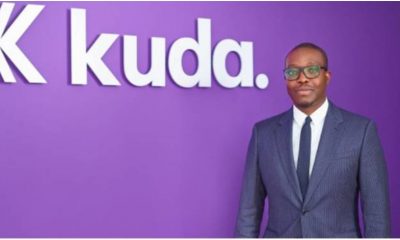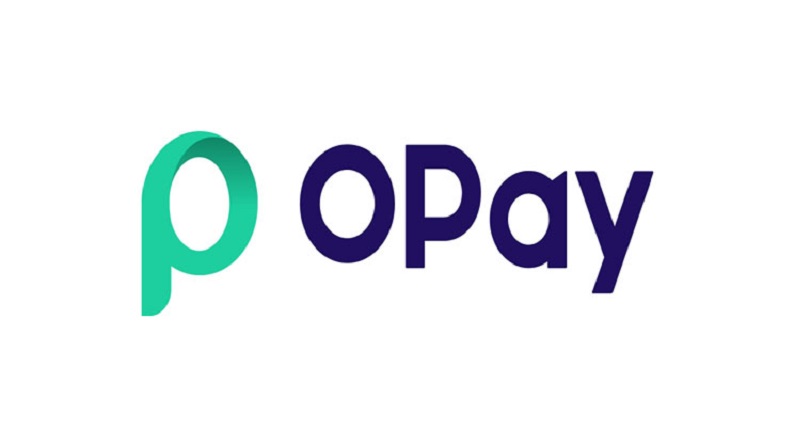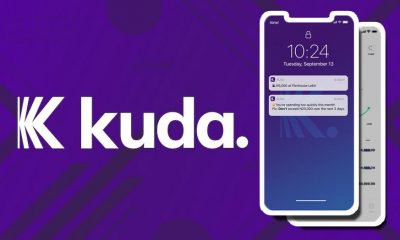Economy
Kuda Urges Users to Upgrade App as Old Version Stops January 9
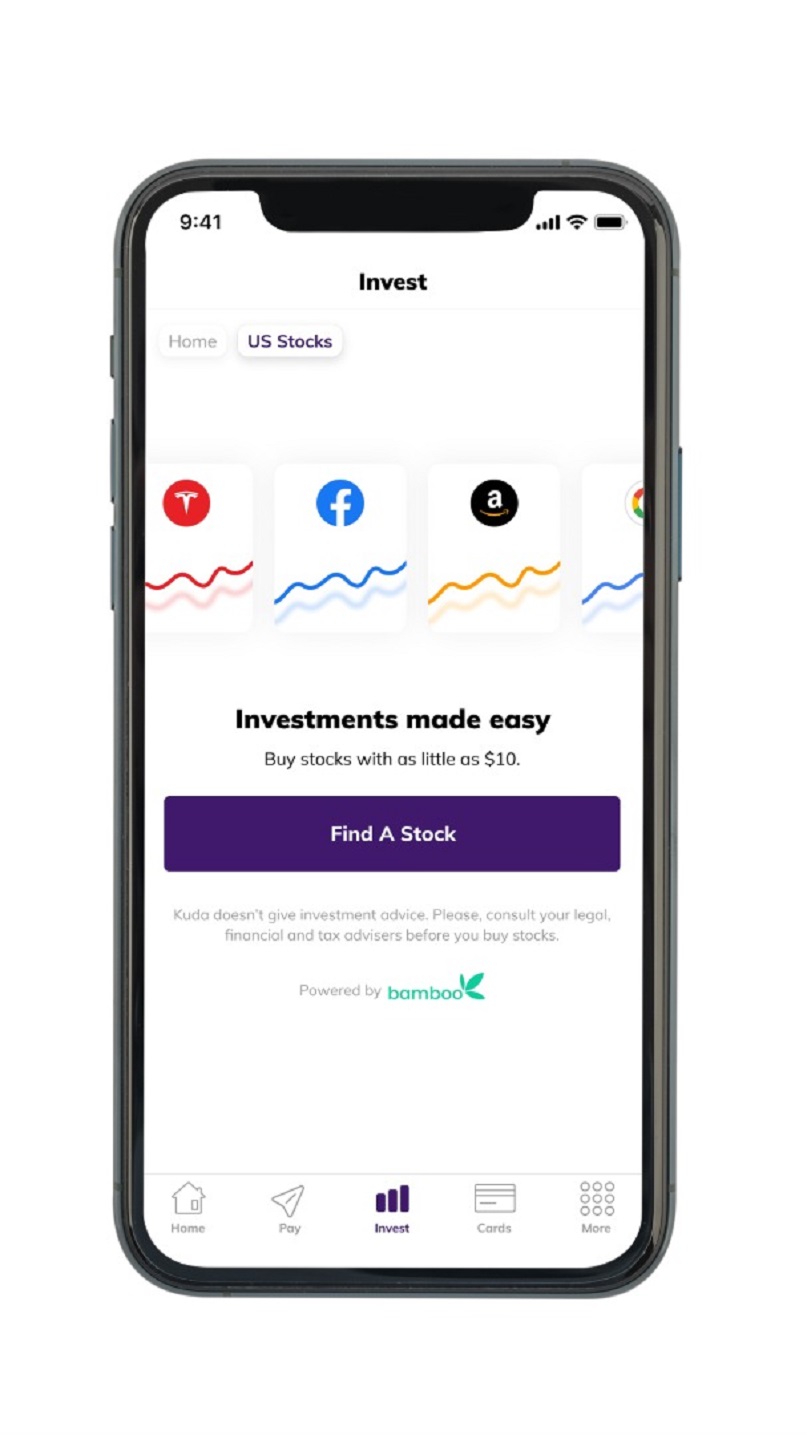
By Aduragbemi Omiyale
Customers of Kuda, a digital banking platform, have been advised to upgrade their mobile application to the latest version to enable them to enjoy the new features embedded in the app.
A statement from the company said the additions to the recently upgraded app make it easier for users to have more access to financial products and services, including investments and UK-to-Nigeria transfers.
It said the newly-launched money app for Africans in Nigeria and the UK offers convenient, easy access to frictionless and affordable financial services for users as transactions can be done faster and seamlessly.
To enjoy the new service, an existing account holder have to upgrade their Kuda App via the Play Store or App Store on their smartphone to download the new version of the Kuda App.
Thereafter, customers need to sign in to the app with their registered email address and their old Kuda password once and then create a new password. Once this is done, the old version of the Kuda App will be disabled automatically, and the upgraded version with the new features will be installed.
New customers can also onboard by downloading the Kuda App from Play Store or App Store and register by following the registration prompts on the App.
It is important to note that the old app will no longer be supported after January 9, 2023, so updating/downloading the new App is crucial to have continued access to the Kuda range of services.
Some of the new features on the Kuda App are currently not available in the older app.
The new version offers users investment opportunities as those in Nigeria can now buy stocks in some of the world’s most successful companies and rising startups at a fraction of the usual cost. In a few minutes, customers can take a step away from local inflation toward financial freedom.
In addition, the new Kuda app makes it easier to save rainy days with Pockets. This is because the upgraded app makes the Spend+Save, a popular feature of the Kuda app, automatically save a preset fraction of card payments.
Furthermore, the new app is a straightforward UK account, as with a valid government-issued UK ID and proof of a UK address, anyone in the UK can open a Kuda UK account to send money to any UK bank account (and receive money) directly.
Lastly, Kuda users in the UK can also send up to £10,000 to Nigeria daily at a transaction fee of just £3, and their Nigerian beneficiaries can receive the money as a transfer or pick up cash at one of several banks in Nigeria.
Economy
Tinubu Approves New Incentives for Shell’s $5bn Bonga South West project
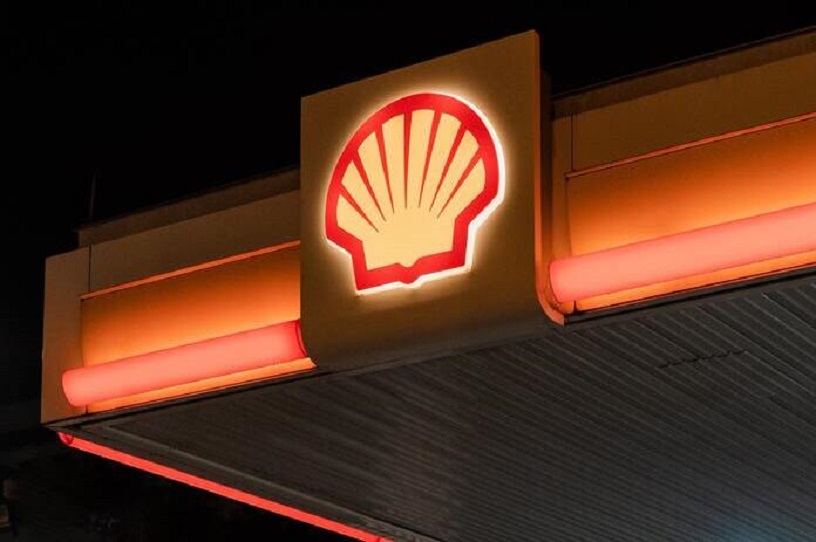
By Adedapo Adesanya
President Bola Tinubu has approved targeted incentives to unlock Shell’s long-delayed $5 billion Bonga South-West deep-offshore oil project.
The approval came while receiving a Shell delegation led by its Global Chief Executive Officer, Mr Wael Sawan, at the State House, Abuja, on Thursday.
According to the President’s Special Adviser on Media and Public Communication, Mr Sunday Dare, the approved incentives are “disciplined, targeted, and globally competitive,” designed to attract new capital without undermining government revenues.
“These incentives are not blanket concessions. They are ring-fenced and investment-linked, focused on new capital and incremental production, strong local content delivery, and in-country value addition. My expectation is clear: Bonga Southwest must reach a Final Investment Decision within the first term of this administration.”
The Bonga Southwest project, located approximately 120 kilometres offshore Nigeria in water depths exceeding 1,000 metres, has been stalled for over a decade due to fiscal disagreements between the federal government and Shell Nigeria Exploration and Production Company and its joint venture partners.
The project, estimated to cost over $5 billion, is expected to produce about 150,000 barrels of oil per day at peak capacity and holds significant potential for gas production, experts say.
Previous administrations struggled to reach an agreement with Shell on the fiscal terms for the project, with the oil giant seeking incentives to make the capital-intensive deep-water development commercially viable amid declining global oil prices and Nigeria’s challenging investment climate.
Mr Tinubu directed his Special Adviser on Energy, Olu Verheijen, to facilitate the gazetting of the incentives in line with Nigeria’s existing legal and fiscal frameworks, including the Petroleum Industry Act 2021.
The President emphasised the strategic importance of the project to Nigeria’s economy, noting its potential to create thousands of direct and indirect jobs, generate significant foreign exchange inflows, and deliver sustained government revenues over its lifespan.
He added that the project would deepen Nigerian participation in offshore engineering, fabrication, logistics, and energy services. Tinubu reaffirmed his administration’s commitment to policy stability, regulatory certainty, and speed, noting that these reforms are critical to restoring investor confidence and positioning Nigeria as a preferred destination for large-scale energy investment.
He revealed that Shell and its partners have invested nearly $7bn in Nigeria in the past 13 months, particularly in the Bonga North and HI projects, describing this as evidence that the country’s economic and energy-sector reforms are yielding results.
Responding, Shell CEO Wael Sawan said Nigeria’s investment climate has improved remarkably under the Tinubu administration, adding that the company is increasingly confident in Nigeria as a destination for long-term investment.
The Bonga field, operated by Shell, commenced production in 2005 and was Nigeria’s first deep-water development.
Economy
Nigeria’s Unlisted Securities Exchange Further Drops 0.24%

By Adedapo Adesanya
The NASD Over-the-Counter (OTC) Securities Exchange further moved southwards on Thursday by 0.24 per cent due to sustained selling pressure by investors.
During the session, the NASD Unlisted Security Index (NSI) went down by 8.91 points to 3,642.22 points from 3,651.13 points it closed on Wednesday, and the market capitalisation recorded a loss of N5.33 billion to end N2.179 trillion compared with the previous day’s N2.184 trillion.
The day’s trading data showed that the volume of securities traded by traders declined by 36.5 per cent to 2.9 million units from 4.5 million units, and the total number of deals slid by 4.8 per cent to 40 deals from the 42 deals recorded at midweek, while the value of securities increased by 12.8 per cent to N85.4 million from N75.7 million.
Central Securities Clearing System (CSCS) Plc ended the trading session as the most active stock by value on a year-to-date basis with 6.1 million units valued at N245.6 million, followed by FrieslandCampina Wamco Nigeria Plc with 866,615 units sold for N58.4 million, and MRS Oil Plc with 291,791 units traded at N58.3 million.
Geo-Fluids Plc ended the day as the most active stock by volume on a year-to-date basis with 7.7 million units worth N52.4 million, trailed by CSCS Plc with 6.1 million units sold for N245.6 million, and UBN Property Plc with 3.2 million units valued at N6.4 million.
Yesterday, the market breadth was flat as three price gainers and three price losers led by Nipco Plc which lost N15.90 to trade at N220.00 per share compared with the previous day’s N235.90 per share, FrieslandCampina Wamco Nigeria Plc tumbled by N2.13 to sell at N66.91 per unit versus N69.04 per unit, and Ge0-Fluids Plc declined by 21 Kobo to settle at N6.85 per share compared with Wednesday’s closing price of N7.06 per share.
On the flip side, MRS Oil Nigeria gained N5.00 to close at N200.00 per unit versus N195.00 per unit, CSCS Plc appreciated by 13 Kobo to N40.60 per share from N40.37 per share, and UBN Property Plc improved by 9 Kobo to N1.99 per unit versus N1.90 per unit.
Economy
Naira Crashes to N1,422/$1 at NAFEX, Remains N1,485/$1 at Black Market

By Adedapo Adesanya
The value of the Naira further depreciated against the United States Dollar in the Nigerian Autonomous Foreign Exchange Market (NAFEX) on Thursday, January 22 by N1.38 or 0.09 per cent to close at N1,422.07/$1, in contrast to the N1,420.69/$1 it ended on Wednesday.
This was due to FX demand pressure on the local currency in the official currency market in Nigeria.
However, the domestic currency got a reprieve against the Pound Sterling as it recorded a marginal gain of 28 Kobo to sell for N1,908.56/£1 compared to midweek’s value of N1,908.84/£1 and chalked up 22 Kobo on the Euro to quote at N1,665.26/€1 versus the previous day’s N1,665.48/€1.
The Nigerian currency, at the GTBank FX desk, N1 against the Dollar yesterday to settle at N1,430/$1 compared with the N1,429/$1 it was traded a day earlier, and at the black market, it remained unchanged at N1,485/$1.
The Naira continued to trade within range despite the fluctuations as consistent foreign exchange supply and the sustained emphasis on transparency in pricing by the Central Bank of Nigeria (CBN) continued to offer backing.
The bank’s medium-term outlook, which anticipates external reserves rising beyond the $50 billion mark later in the year, has also helped to reinforce confidence among investors and corporates.
Unlike earlier January periods marked by sharp volatility, the current environment has been defined by measured trading and limited speculative pressure, while FX inflows from exporters, non-bank corporate, individual, and other sources continue to flow easily.
Meanwhile, there was renewed weakness across crypto markets, with liquidation activity picking up and risk appetite fading across benchmarked tokens.
In the last 24 hours, Ripple (XRP) depreciated by 2.0 per cent to sell at $1.91, Ethereum (ETH) lost 1.5 per cent to quote at $2,969.33, Cardano (ADA) slumped by 0.9 per cent to $0.3618, Dogecoin (DOGE) weakened by 0.9 per cent to $0.1256, Solana (SOL) dropped 0.7 per cent to $128.93, and Bitcoin (BTC) slipped by 0.5 per cent to $89,644.20.
However, Litecoin (LTC) appreciated by 0.9 per cent to trade at $69.01, and Binance Coin (BNB) grew by 0.2 per cent to $891.41, while the US Dollar Tether (USDT) and the US Dollar Coin (USDC) traded flat at $1.00 each.
-

 Feature/OPED6 years ago
Feature/OPED6 years agoDavos was Different this year
-
Travel/Tourism9 years ago
Lagos Seals Western Lodge Hotel In Ikorodu
-

 Showbiz3 years ago
Showbiz3 years agoEstranged Lover Releases Videos of Empress Njamah Bathing
-

 Banking8 years ago
Banking8 years agoSort Codes of GTBank Branches in Nigeria
-

 Economy3 years ago
Economy3 years agoSubsidy Removal: CNG at N130 Per Litre Cheaper Than Petrol—IPMAN
-

 Banking3 years ago
Banking3 years agoFirst Bank Announces Planned Downtime
-

 Banking3 years ago
Banking3 years agoSort Codes of UBA Branches in Nigeria
-

 Sports3 years ago
Sports3 years agoHighest Paid Nigerian Footballer – How Much Do Nigerian Footballers Earn



